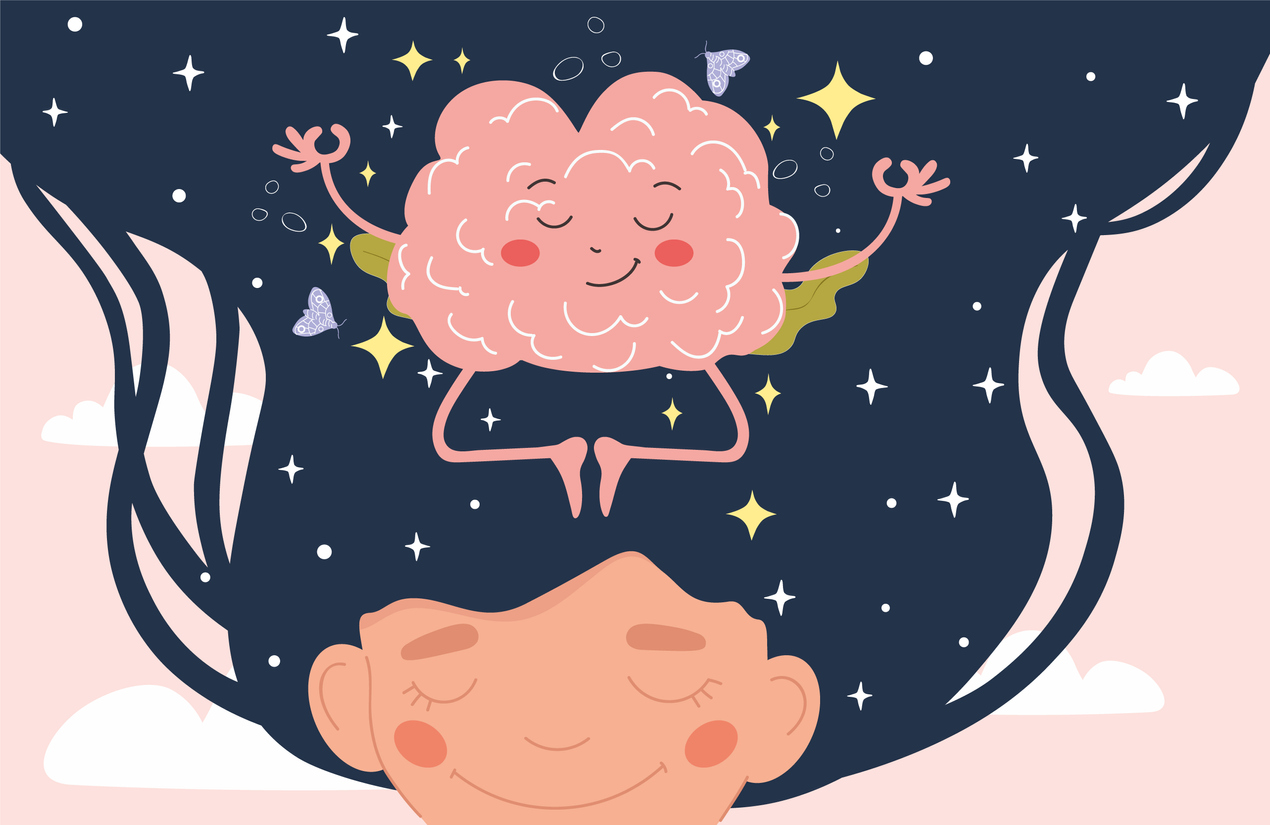Living with Chronic Pain
Medical Trauma and PTSD

Post-traumatic stress disorder (PTSD) is often associated with those who have served in military combat or those who have experienced a traumatic event, such as a serious car accident. However, PTSD can also develop from living with a chronic illness, receiving poor medical care, or undergoing a traumatic medical treatment.
Medical trauma
An intensive-care-unit stay in the hospital can trigger PTSD. A life-threatening emergency, such as a heart attack, may also trigger the condition. Even a minor illness or procedure can lead to PTSD if the event is traumatizing. Some women may even develop PTSD after giving birth.
Symptoms
Symptoms of PTSD include anxiety, nightmares and flashbacks. Some people may have trouble remembering parts of their hospitalization or the traumatic event. These symptoms can occur weeks to months after the medical trauma.
Tips to prevent or address PTSD related to medical trauma
Here are some tips to prevent or address post-traumatic stress disorder related to medical trauma:
- Become involved in health care and medical decisions when possible. Individuals who don’t feel in control of their health and health care are more likely to experience PTSD. Becoming involved and informed provides a greater sense of control.
- Ask for alternative treatment options. Although a medical professional may recommend one specific treatment, other options are often available. Ask if alternative treatments are viable options.
- Seek a second opinion when needed. In some cases, PTSD can develop if medical concerns are not taken seriously, which can lead to a health condition worsening or resulting in a more serious outcome. If a physician or medical facility does not take concerns seriously, seek a second opinion.
- Seek help when needed. If symptoms of PTSD occur, seek help from a medical professional. Treatments for PTSD, such as psychotherapy and medications, can help. The earlier PTSD is diagnosed, the easier it is to treat.
- Maintain necessary health care. Individuals with PTSD related to medical trauma are more likely to avoid medical appointments and procedures, including wellness checks and preventive screenings. Take the steps needed to keep these appointments in order to maintain optimal health.


















